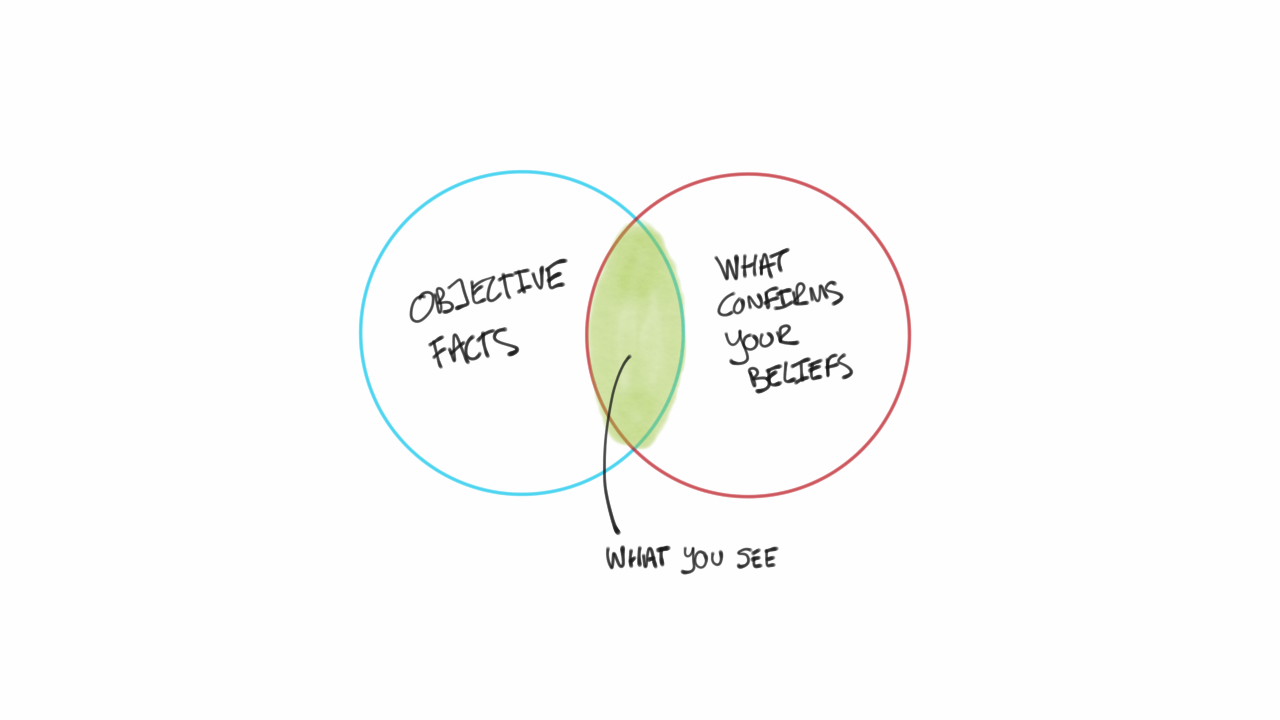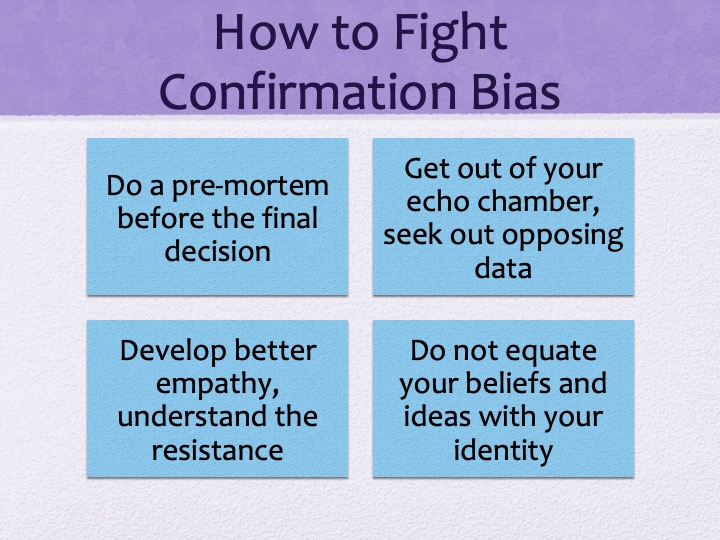https://www.who.int/news-room/detail/14-05-2020-substantial-investment-needed-to-avert-mental-health-crisis
The COVID-19 pandemic is highlighting the need to urgently increase investment in services for mental health or risk a massive increase in mental health conditions in the coming months, according to a policy brief on COVID-19 and mental health issued by the United Nations today.
“The impact of the pandemic on people’s mental health is already extremely concerning,” said Dr Tedros Adhanom Ghebreyesus, Director-General of the World Health Organization. “Social isolation, fear of contagion, and loss of family members is compounded by the distress caused by loss of income and often employment.”
Specific population groups are at particular risk of COVID-related psychological distress. Frontline health-care workers, faced with heavy workloads, life-or-death decisions, and risk of infection, are particularly affected. During the pandemic, in China, health-care workers have reported high rates of depression (50%), anxiety (45%), and insomnia (34%) and in Canada, 47% of health-care workers have reported a need for psychological support.
“It is now crystal clear that mental health needs must be treated as a core element of our response to and recovery from the COVID-19 pandemic,” said Dr Tedros Adhanom Ghebreyesus. “This is a collective responsibility of governments and civil society, with the support of the whole United Nations System. A failure to take people’s emotional well-being seriously will lead to long-term social and economic costs to society.”
https://www.cdc.gov/coronavirus/2019-ncov/daily-life-coping/managing-stress-anxiety.html
People who may respond more strongly to the stress of a crisis include:
People who are at higher risk for severe illness from COVID-19 (for example, older people, and people of any age with certain underlying medical conditions).
Children and teens.
People caring for family members or loved ones.
Frontline workers such as health care providers and first responders,
Essential workers who work in the food industry.
People who have existing mental health conditions.
People who use substances or have a substance use disorder.
People who have lost their jobs, had their work hours reduced, or had other major changes to their employment.
People who have disabilities or developmental delay.
People who are socially isolated from others, including people who live alone, and people in rural or frontier areas.
People in some racial and ethnic minority groups.
People who do not have access to information in their primary language.
People experiencing homelessness.
People who live in congregate (group) settings.
Healthy ways to cope with stress
Know what to do if you are sick and are concerned about COVID-19. Contact a health professional before you start any self-treatment for COVID-19.
Know where and how to get treatment and other support services and resources, including counseling or therapy (in person or through telehealth services).
Take care of your emotional health. Taking care of your emotional health will help you think clearly and react to the urgent needs to protect yourself and your family.
Take breaks from watching, reading, or listening to news stories, including those on social media. Hearing about the pandemic repeatedly can be upsetting.
Take care of your body.
Take deep breaths, stretch, or meditateexternal icon.
Try to eat healthy, well-balanced meals.
Exercise regularly.
Get plenty of sleep.
Avoid excessive alcohol and drug use.
Make time to unwind. Try to do some other activities you enjoy.
Connect with others. Talk with people you trust about your concerns and how you are feeling.
Connect with your community- or faith-based organizations. While social distancing measures are in place, consider connecting online, through social media, or by phone or mail.
https://www.cdc.gov/coronavirus/2019-ncov/daily-life-coping/managing-stress-anxiety.html
Recovering from COVID-19 or ending home isolation
It can be stressful to be separated from others if you have or were exposed to COVID-19. Each person ending a period of home isolation may feel differently about it.
Emotional reactions may include:
Mixed emotions, including relief.
Fear and worry about your own health and the health of your loved ones.
Stress from the experience of having COVID-19 and monitoring yourself, or being monitored by others.
Sadness, anger, or frustration because friends or loved ones have fears of getting the disease from you, even though you are cleared to be around others.
Guilt about not being able to perform normal work or parenting duties while you had COVID-19.
Worry about getting re-infected or sick again even though you’ve already had COVID-19.
Other emotional or mental health changes.
Subject Narrowed down:
Mental health > the increase of mental health issues during the covid pandemic
https://www.kff.org/coronavirus-covid-19/issue-brief/the-implications-of-covid-19-for-mental-health-and-substance-use/
Subject narrowed down:
Critical thinking > confirmation bias as obstacle to communication
https://www.psychologytoday.com/us/blog/why-we-blame/201708/why-we-hate-people-who-disagree
A potent and inevitable aspect of human cognition is to see the world through one’s own eyes. This shouldn’t seem surprising since our own eyes are the only ones we have, but it contradicts the admonitions people receive from childhood to see things from another’s perceptive. Empathy is a lofty but elusive goal. I’ve always wondered whether the mothers who bite their children to show them how it feels when they bite others actually get results or only teeth marks.
Even those of us who try to have a healthy tolerance of different viewpoints occasionally catch ourselves thinking: “How in the world can you believe what you’re saying?” A persistent example in my own experience concerns religious beliefs.
Here's the rub: It is natural enough to fail to understand where another person is coming from, because we can never really know for sure, but it is another to assume that they are simply wrongheaded. But if there is any doubt that this is the way that many disagreements are interpreted, the present political climate should dispel them. The reason for this is that political differences often belie core values about social justice, racial and gender equality, environmental protection, and more generally, the pursuits that make life worth living. These differences, therefore, are far from trivial—they are not simply matters of which policy is likely to be the most effective, but more fundamentally, what an individual’s political orientation says about their core values.
This is the crux of the problem. When people disagree with us, their disagreement not only influences the validity of our beliefs, but it calls into question our personal identities—the kind of people we want to believe that we are. This is why even ostensibly meaningless differences, such as which sports team a person favors, can rankle.
What this example highlights is that people care desperately about their identities, so desperately that it influences their judgments about mundane differences that hardly matter in any practical sense. That is, the world won’t be changed much if you continue to eat Fruit Loops while I prefer Cheerios. Nevertheless, this won’t stop me from questioning the character of you sugary cereal-eating people. There is, undoubtedly, a personality difference here: Some people are simply more tolerant of difference than others, which raises the specter of people arguing about who is more tolerant.
https://www.irontontribune.com/2018/04/25/theres-a-difference-between-disagreement-and-hating/
Not too long ago, an anonymous commenter on one of my columns concluded that I took my stance on a particular issue because I “hate conservatives.”
A couple of days later, a progressive friend who wanted to warn me about a hateful tweet aimed at a Muslim lobbying day at the Pennsylvania Capitol, jokingly observed that she tried to keep her feed “a happy bubble of the like-minded” but this one had slipped through.
These two incidents speak volumes about where we are as a country these days. We’re deeply entrenched in our own worldviews, taking comfort among those who agree with us, and peering cautiously over the battlements at those who believe differently from ourselves.
The schism is years in the making. But it feels more pronounced now in a time where bias confirmation is king, and whole communities of the like-minded (on the left and right) are no further than a click away.
https://www.psychologytoday.com/us/blog/science-choice/201504/what-is-confirmation-bias
https://www.psychologytoday.com/us/blog/stronger-the-broken-places/201807/beware-the-perils-confirmation-bias
https://blog.oup.com/2017/03/confirmation-bias-danger/
https://www.verywellmind.com/what-is-a-confirmation-bias-2795024
https://fs.blog/2017/05/confirmation-bias/
https://www.institutefordigitaltransformation.org/overcoming-confirmation-bias-in-the-digital-age/
https://lloydmelnick.com/tag/pre-mortem/
https://visagemobile.com/confirmation-bias/

